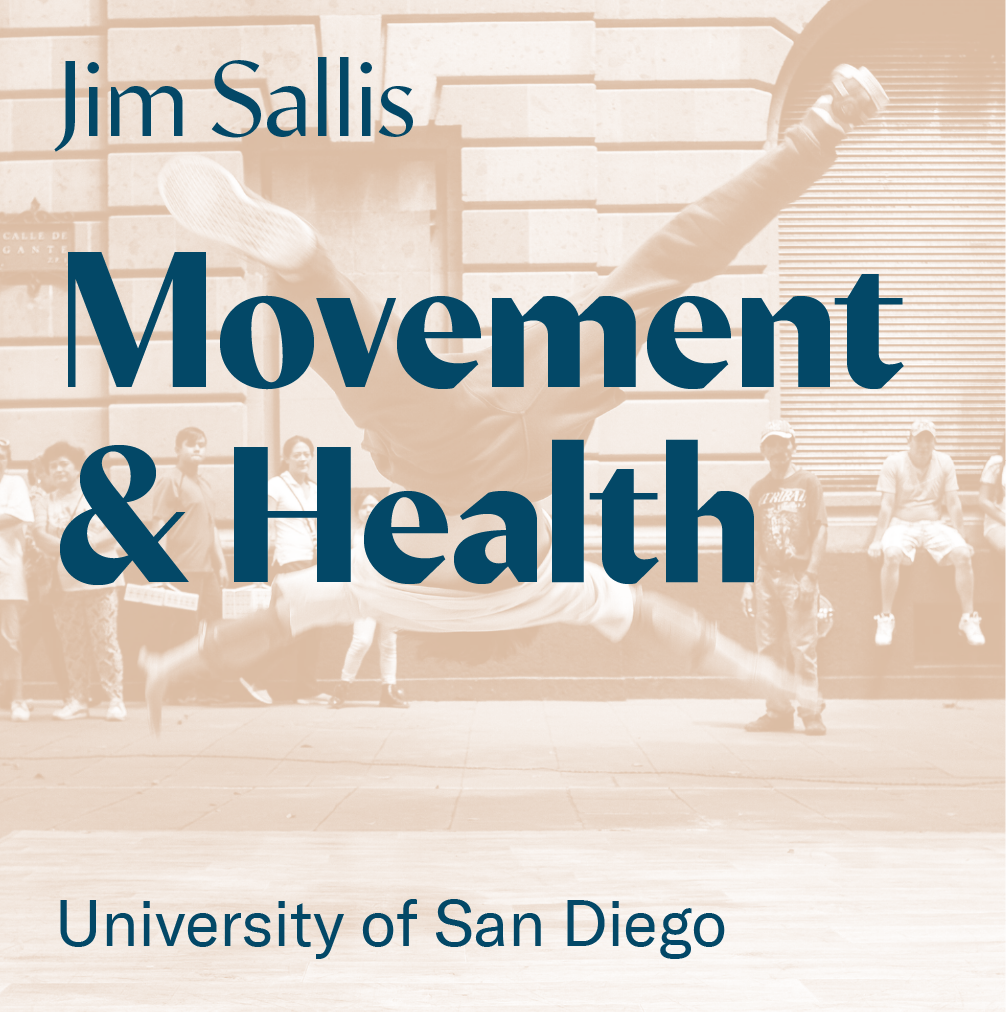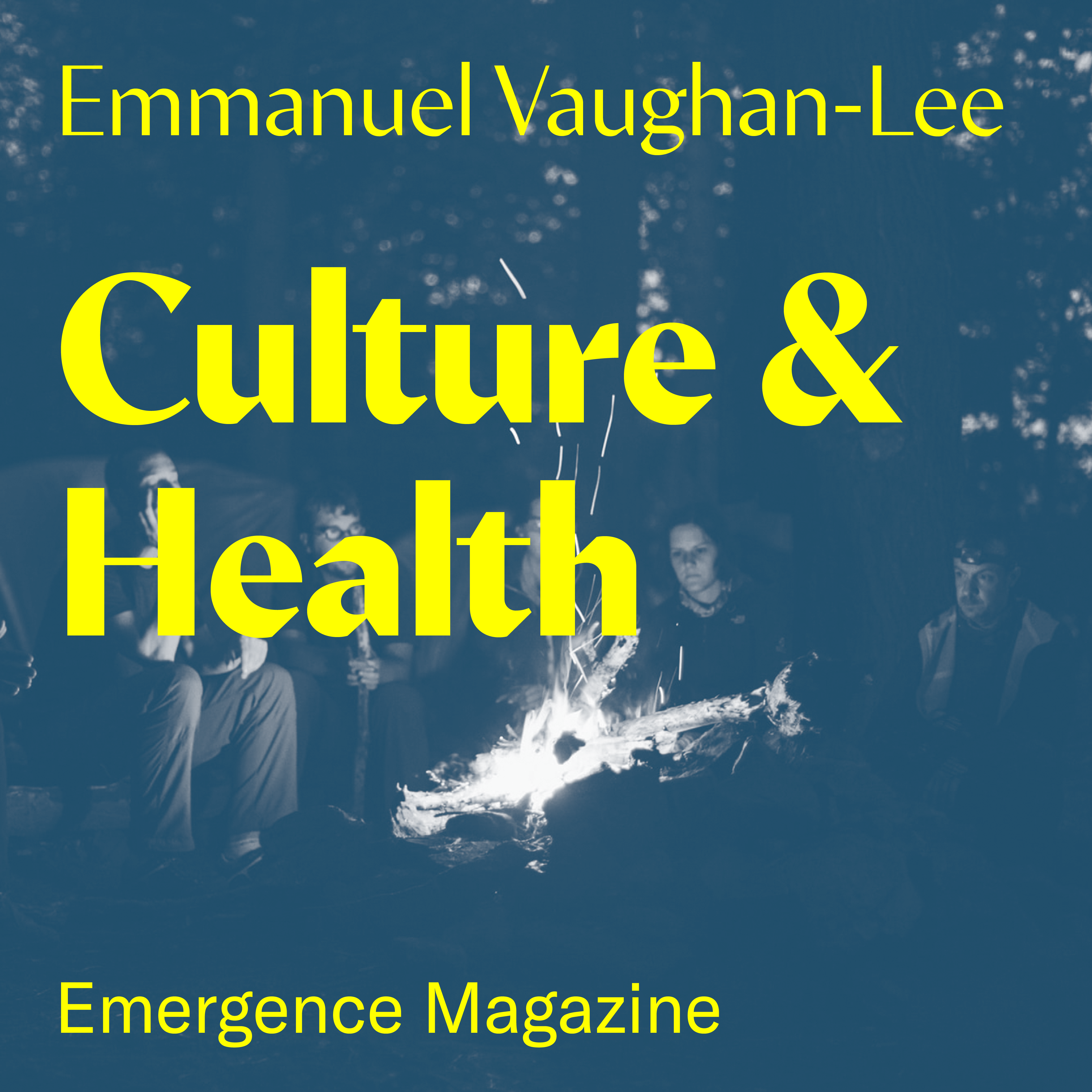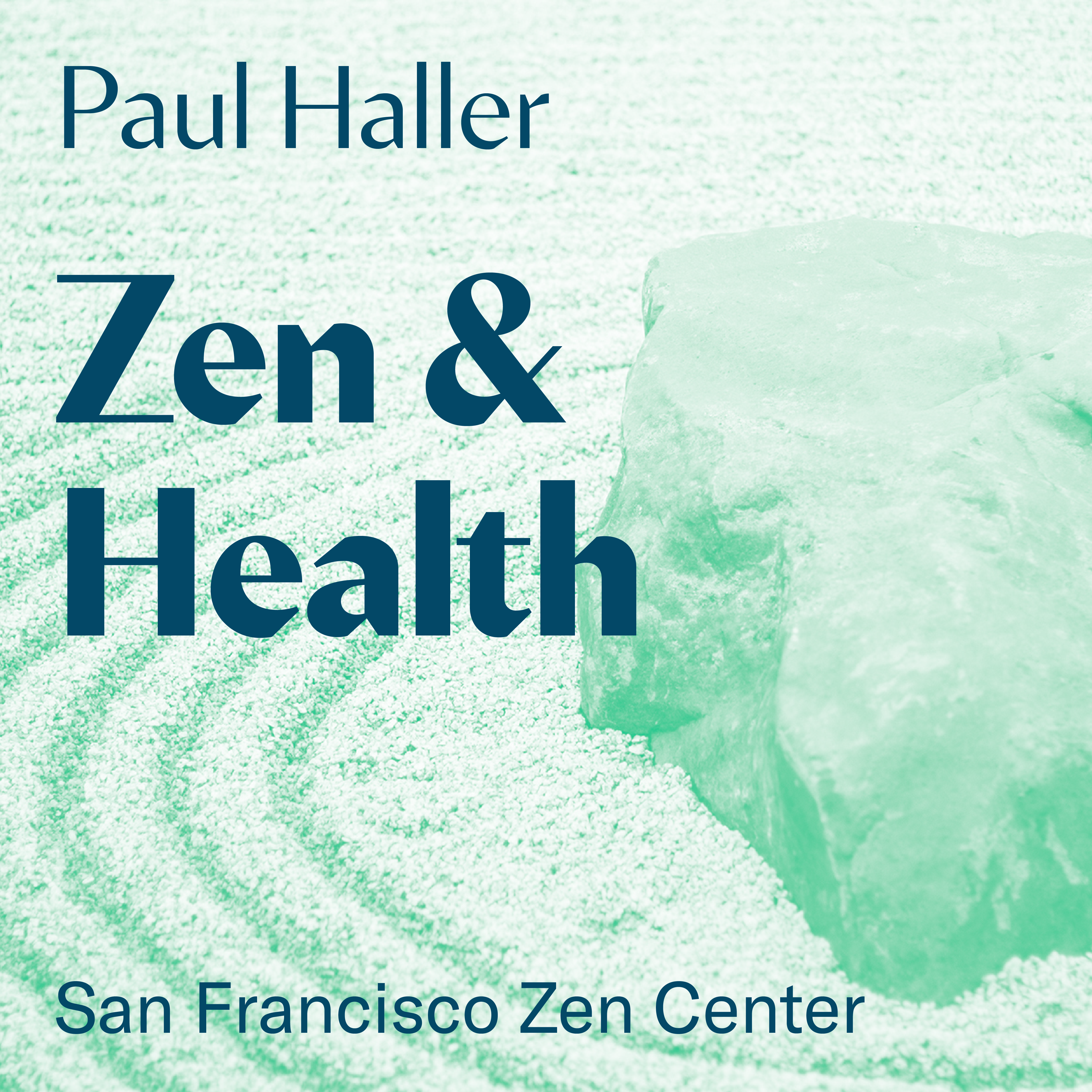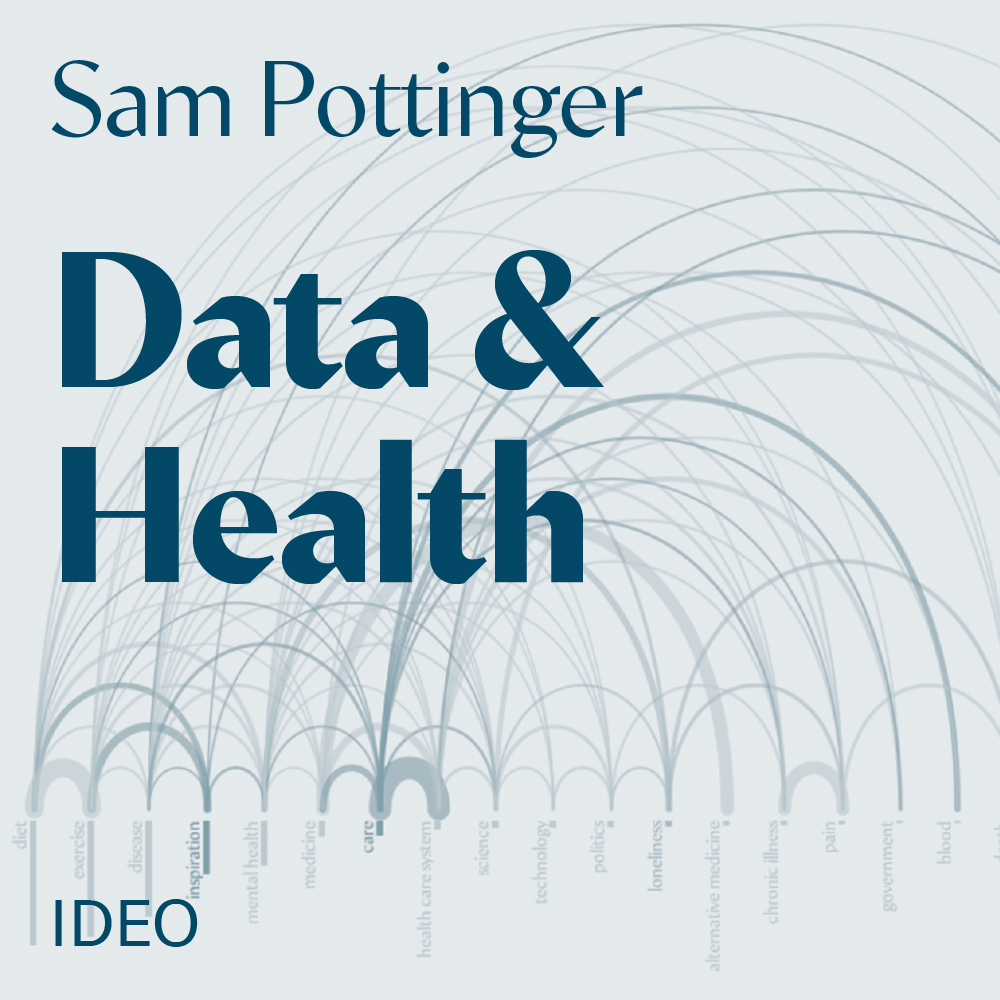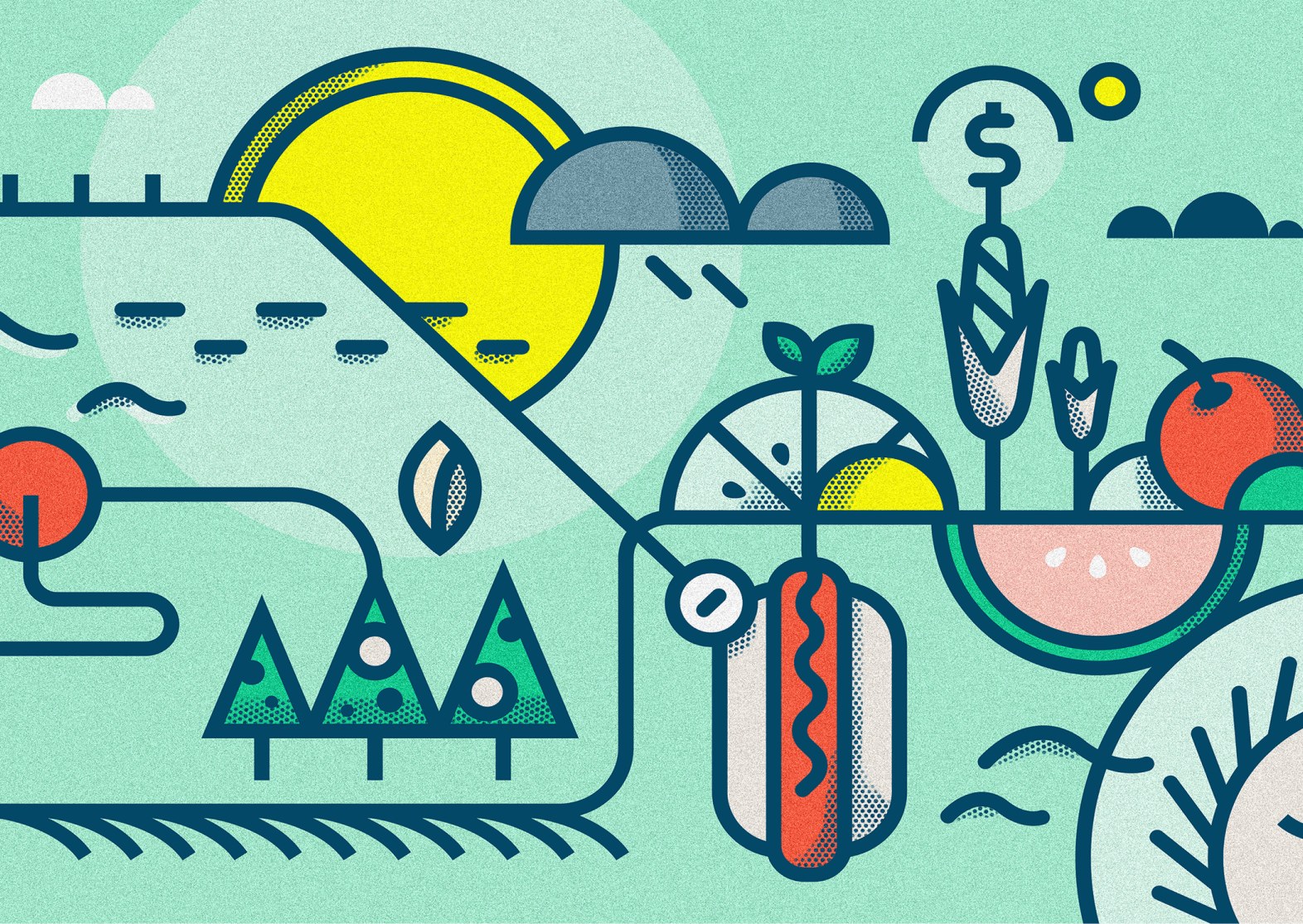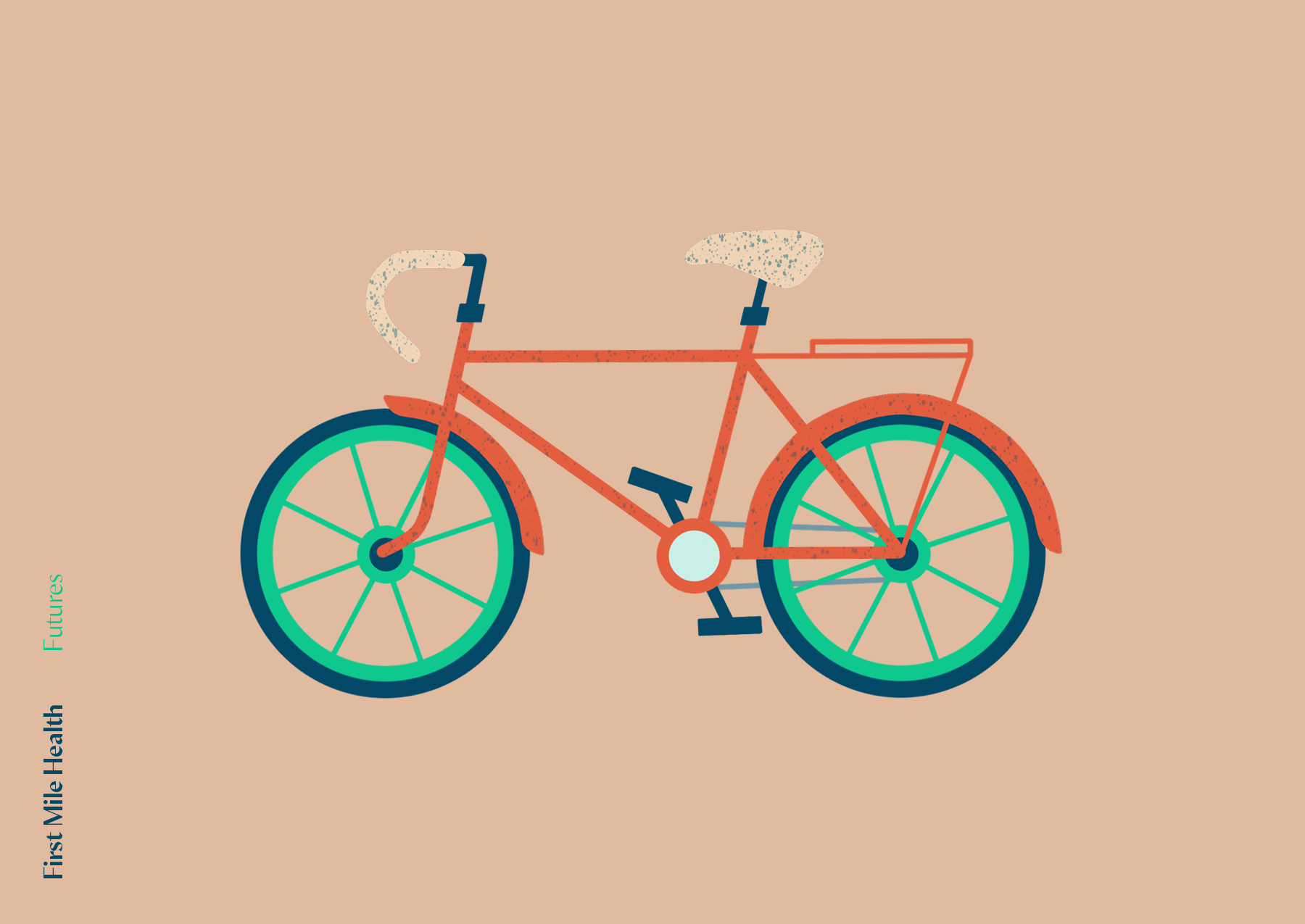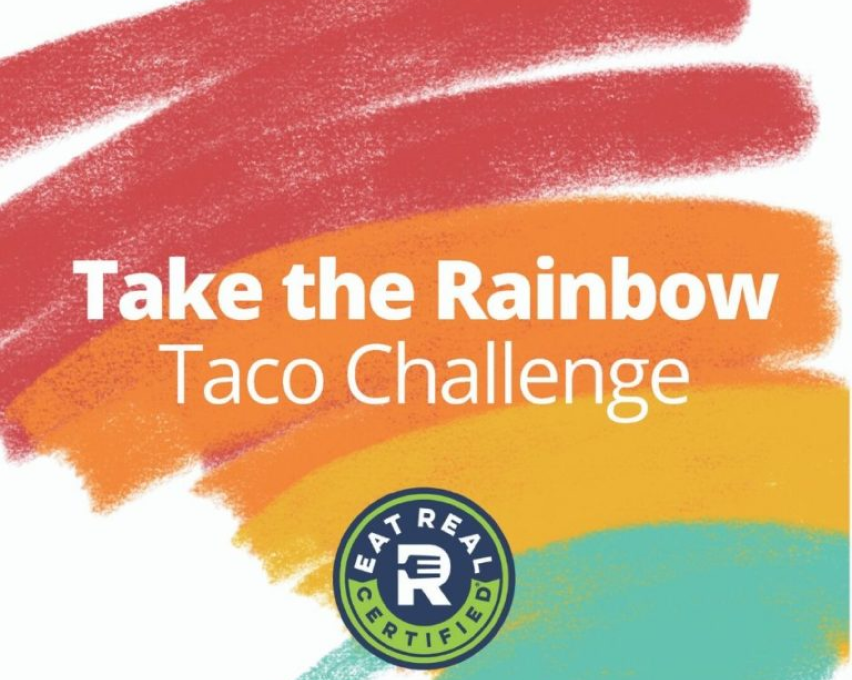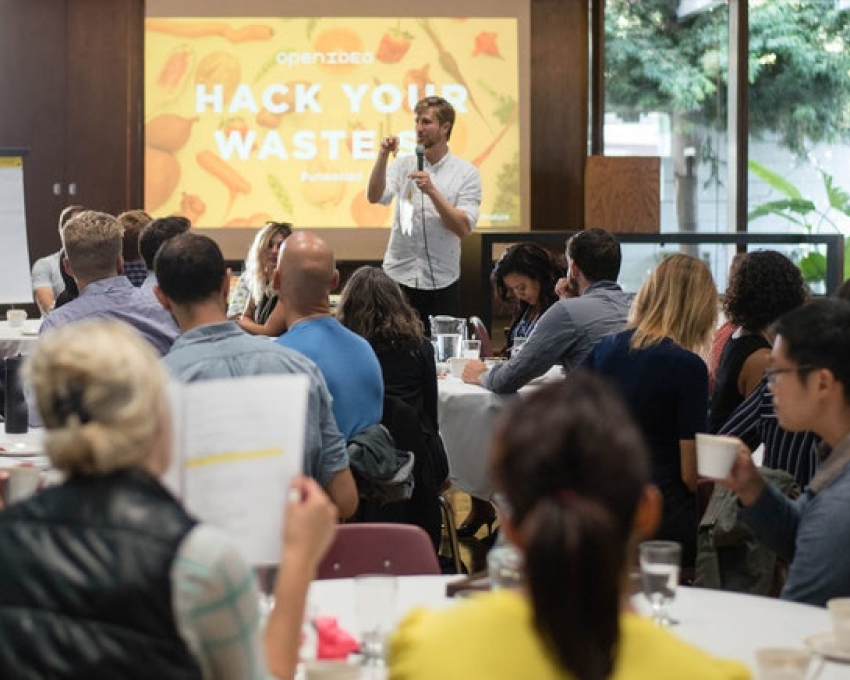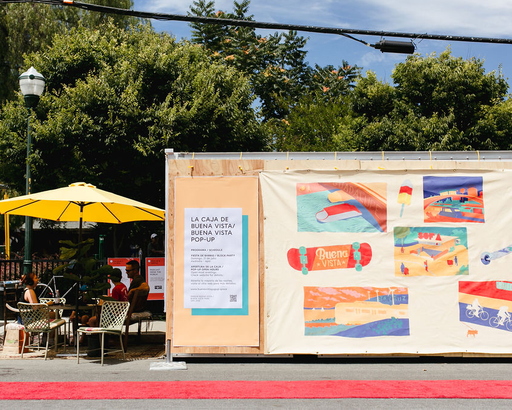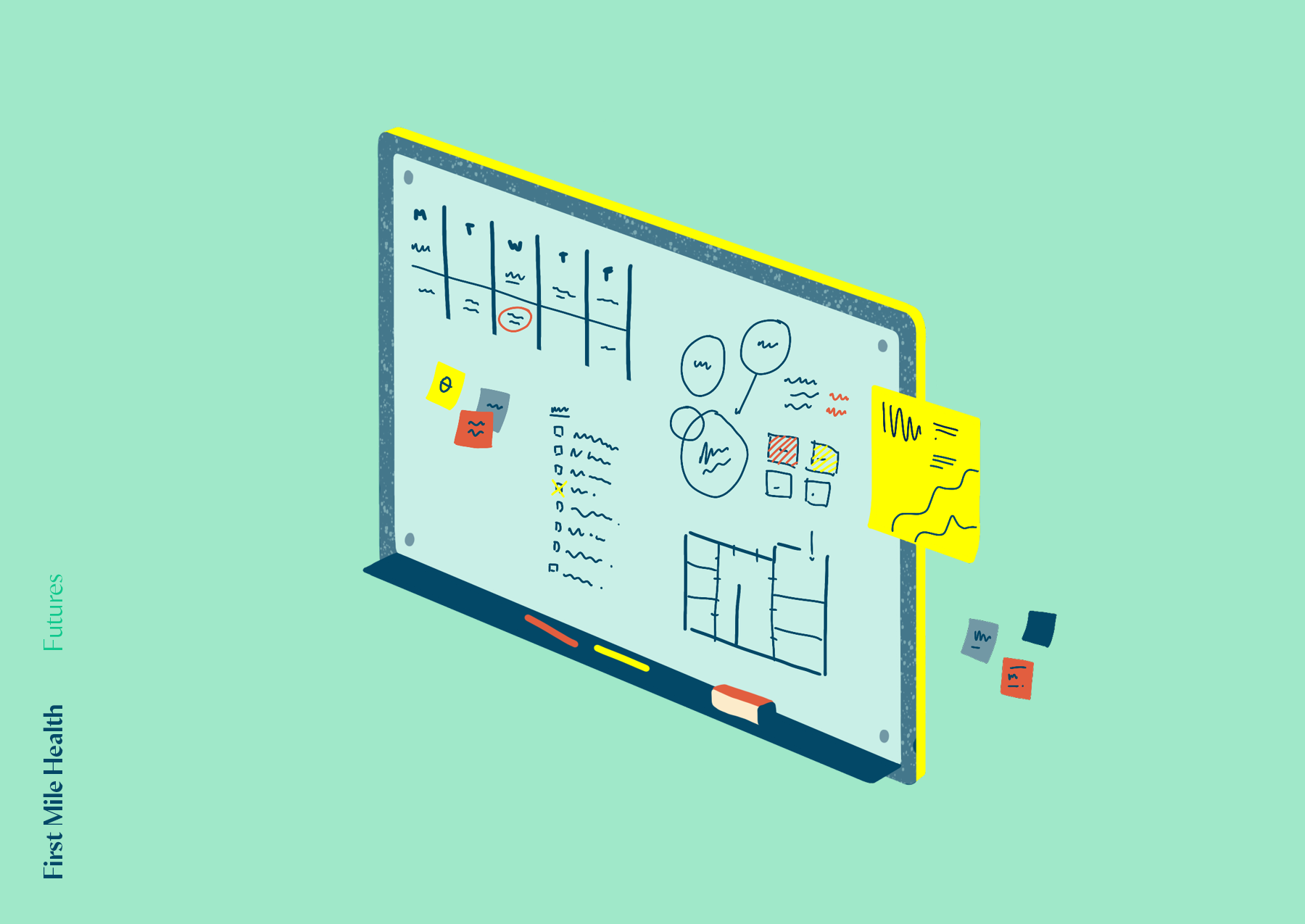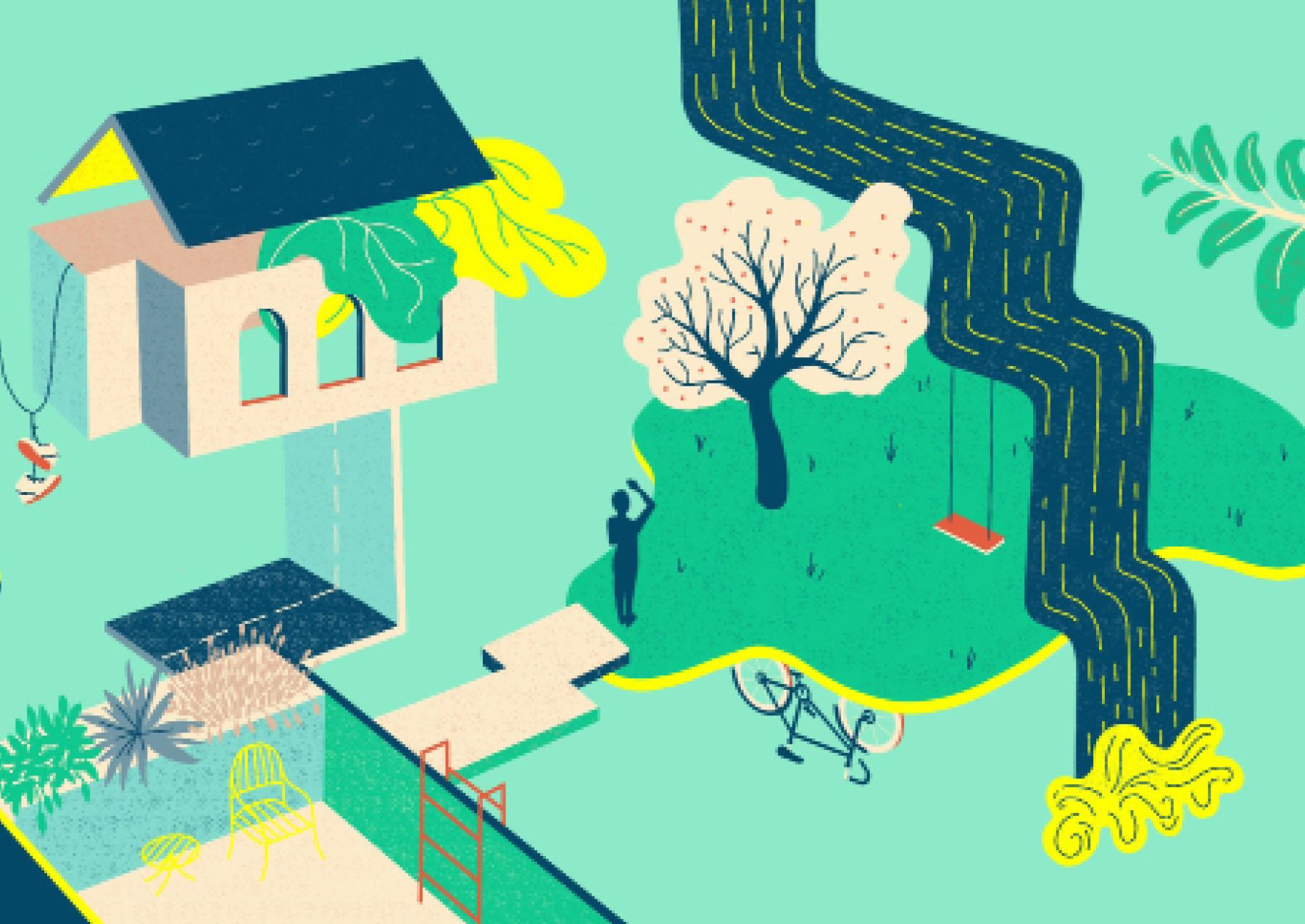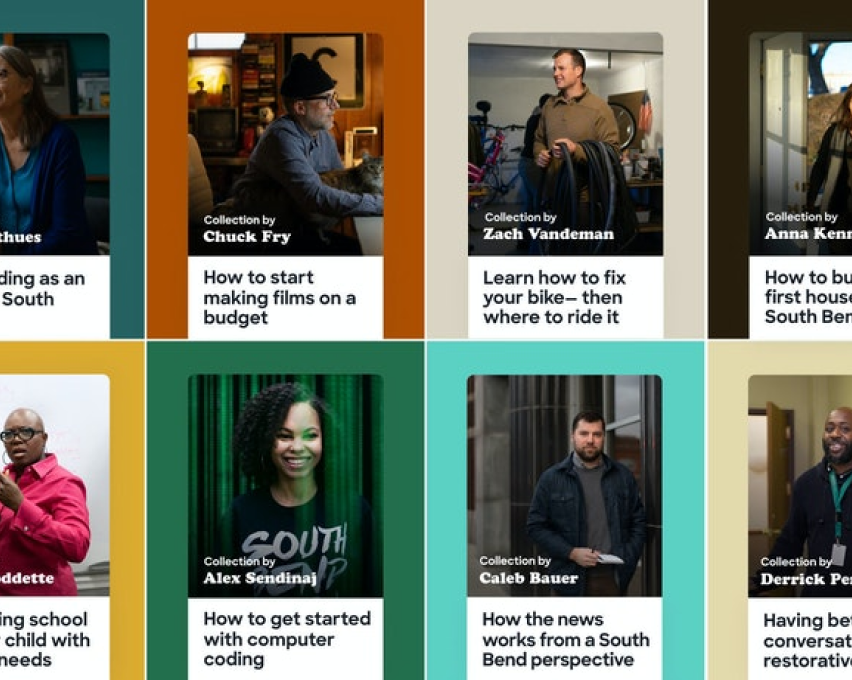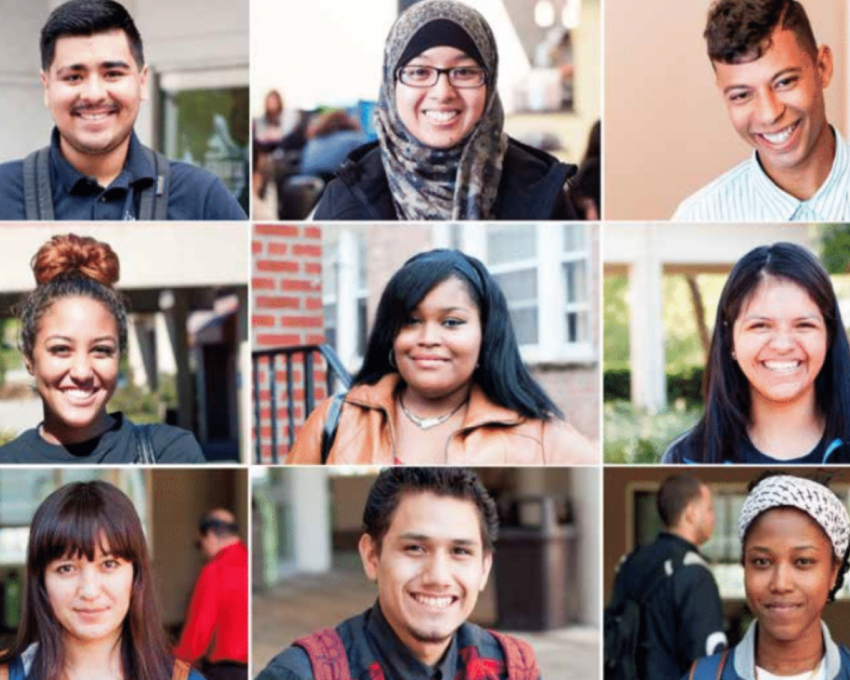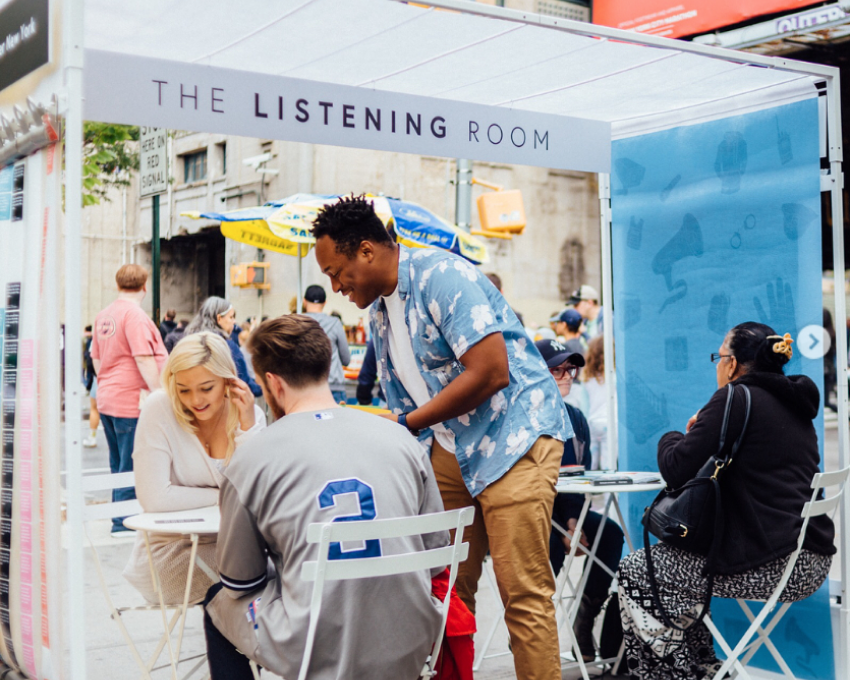First
Mile
Health
First
Mile
Health
Health is everyone’s business.
Good health does not begin the minute someone walks into a doctor’s office, yet so much of our attention and resources are dedicated to the last mile—healing patients who are already sick.
It's time to look upstream and design the first mile of health: where we live, learn, work, and play.
How might we make everyday life healthy by design?
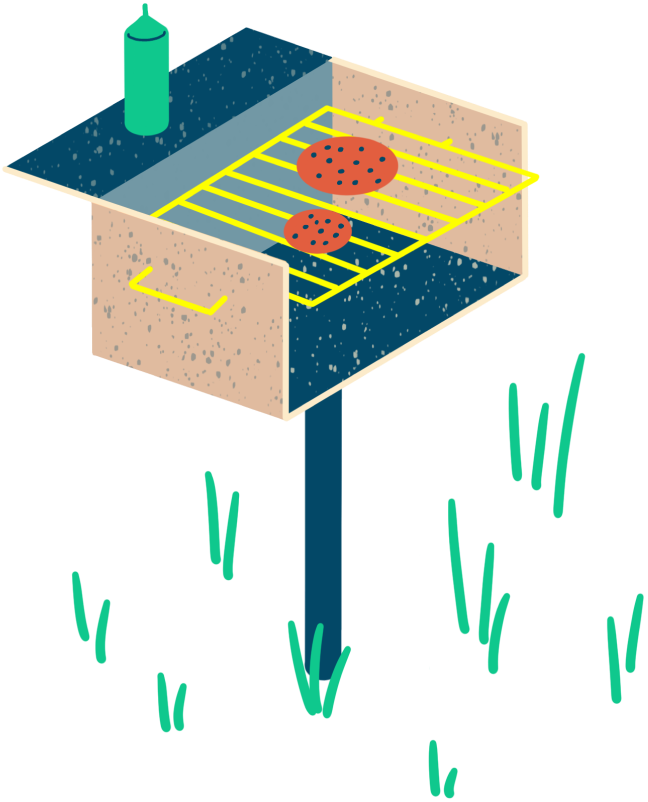
First Mile Health is a collaboration between IDEO, Robert Wood Johnson Foundation, and Building H. Together, we are building a coalition of partners committed to making health a part of everyday life. Join us.
Interviews
Explore the first mile of health.
In this interview series we look at health from the perspectives of nature, food, culture, religion, community to understand the different ways health touches everyday life and how unexpected moments can be designed for better health.
Opportunities
Catalyze A Caring Economy
Catalyze A Caring Economy
Individualist
Collectivist
Extract from People & Planet
Care for People & Planet
Viruses can spread, but so can joy can during this pandemic. People are learning the beauty, necessity, and responsibility of interdependence on one another and our environment. Local living has taken on a new meaning: neighborhoods are no longer simply the place we reside, they are the place of work and learning. Our communities are the centerpiece of everyday life and deserve to be cared for. Forgetting about scale for a minute, what might an economy for the “20-min neighborhood”—places where people could meet most of their everyday needs within a 20-minute walk—look like? How could relationships and neighbors introduce and sustain healthy patterns in everyday life?
How might we catalyze a caring economy to prevent chronic diseases?
- What if the division between businesses and consumers eroded to create new communities of care?
- What if communities had agency and equity in their health and wealth?
- What if the products, services, and environments shaping everyday life designed for families of all forms, beyond the nuclear family?
- What if neighborhood public spaces offered easy access to healthy experiences and amenities?
Nurture Human Connection
Isolation
Reciprocity
Maximizing Profit
Maximizing Nourishment
Our lives grow in meaning through interactions with others, but it’s hard to connect through isolated screens in a physically distanced world. From the psychological fatigue and physical strain of back-to-back video calls to the FOMO-induced anxiety amplified by social media, the pandemic reveals deep limitations in the technologies we have at hand. How could we comfortably “be our whole selves” in tiny, pixelated rectangles? If we are to avoid a “social recession”, digital experiences will need to do more than just connect—they must help people spend meaningful time together.
How might we nurture human connections to strengthen mental health?
- What if technology encouraged socially-connected work rather than solo desk work?
- What if digital experiences were joyful and rejuvenating rather than disembodying and draining?
- What if digital interactions nurtured rather than distanced our connection to place?
- What if technology enriched our everyday lives rather than forcing us into isolated, tiny rectangles?
Join Us
We’d love to hear from you.
Are you curious about how your organization might help build the first mile of healthier everyday life?
Let’s talk!
Joanne Cheung | jcheung@ideo.com
Nitika Johri | njohri@ideo.com
